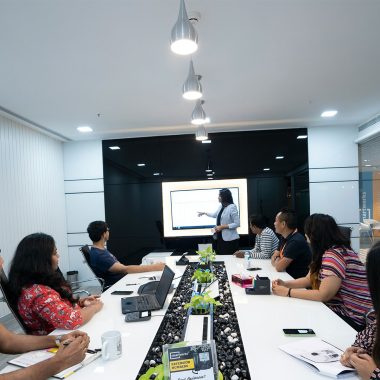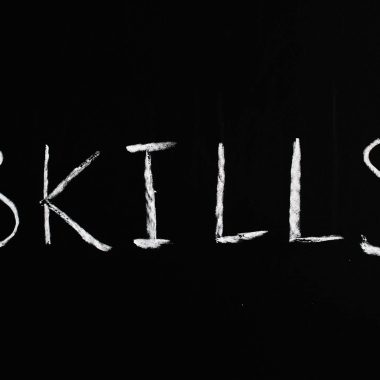As emerging technologies, business models and worker expectations reshape work, CHROs play a vital role in building organizational capabilities for the future. But with corporate strategies and required skills evolving rapidly, determining where to invest can be a moving target.
Rather than attempting to plan for hypothetical futures, CHROs should focus on amplifying the adaptability, critical thinking and interpersonal acumen that allow for fluid role mobility regardless of exact domain specifics.
Taking a User-Based Skills Planning Approach
Traditional skills planning takes a top-down, corporate-centric view – what capabilities do we need to execute our strategic priorities? But volatile conditions demand adopting the user perspective instead – what skills do our people require to continue driving value?
This means moving from skills forecasting to responsive capability building tailored to individual needs in the flow work. CHROs must make skills development always available rather than a fixed annual event, shifting from prescribing training to empowering self-directed learning.
Platforms that allow on-demand access to curated development resources aligned to both company and personal growth objectives balance scalability and personalization here.
Incentivizing Continuous Renewal
One mindset change for CHROs is celebrating skills reinvention over tenure. The savviest knowledge workers intentionally reset their expertise every few years rather than clinging to one specialty.
Reframing skills transformation as the goal itself versus a temporary means to an end encourages more fluid professional growth tied to personal interests. This empowers richer role mobility across the enterprise.
CHROs can enable this through incentives for voluntary skills refreshes between formal reassignments, positioning capability building itself as valuable impact beyond specific functional contributions.
Drawing Connections to Personal Purpose
Even upskilling for in-demand roles falls flat if people lack internal motivation tied to passion and purpose. Yet corporate L&D historically focuses on depersonalized knowledge transfer rather than meaning making.
By linking capability building to realizing personal visions beyond corporate dictated objectives, CHROs spark more activism in employees continuously retooling for whatever fuels their inspiration, increasing retention of top talent in the process.
Measuring What Matters
Legacy training metrics like completion rates, program satisfaction scores and tactical skill assessments don’t capture the real outcome that matters—ongoing employability and value creation amid volatility.
As an alternative, CHROs should recognize those who take regular innovative leaps to expand strategic value in new areas of the business, demonstrating versatility fueled by constant capability growth.
Celebrating visible examples here encourages others to benchmark peers who intentionally reboot their expertise even in the absence of immediate role requirements to do so.
Moving from Just-In-Case to Just-In-Time
Closing transient skills gaps precisely when work demands them eliminates the guesswork of trying to preemptively build capabilities for unknown futures.
With clear visibility into real-time skill needs and development resources to address them, CHROs can pivot L&D from speculative and intermittent to responsive and always-on.
Enabling on-demand skills transformation also reduces retraining friction and ramp up times during talent redeployment across the enterprise.
Image Source: pexels.com








